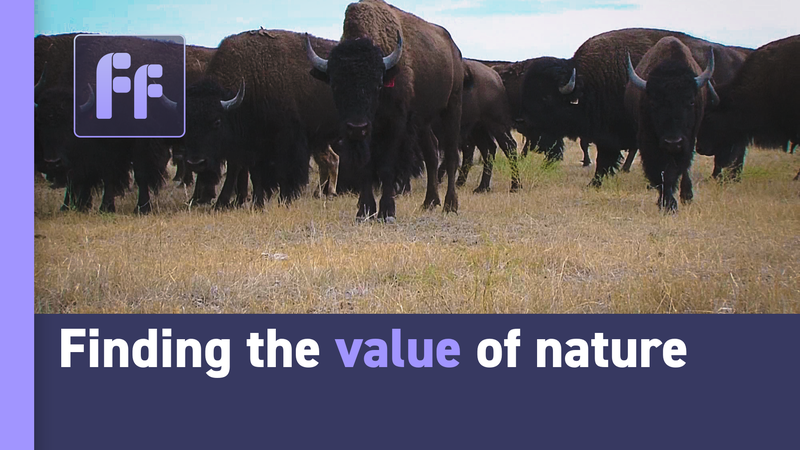At a recent episode of Full Frame, economist Ralph Chami, founder of Blue Green Future, shared a groundbreaking insight on valuing nature’s true worth. He argues that whales—these majestic giants of the sea—are not just icons of the ocean; they’re among our most powerful carbon-capture allies.
"The whale is providing humanity a service, sequestering carbon. That service is valuable," Chami said. He posed a provocative question: How much should we pay the whale for this service? That eureka moment, he explained, revealed that a whale’s role in fighting climate change could be far more valuable than traditional economic measures.
Chami’s vision taps into a larger movement to assign real economic value to natural assets. By recognizing whales as living carbon sinks, policy makers and businesses can integrate marine conservation into climate strategies. Such an approach bridges environmental stewardship with market-driven solutions—one measurement at a time.
Across coastal communities, whale watching already fuels local economies through tourism. Now, by quantifying the carbon sequestered by these animals, experts believe we can unlock new revenue streams—like blue carbon credits—that reward nations and communities for preserving marine life.
For entrepreneurs and tech innovators, this opens doors to creative models: imagine digital platforms that track whale migrations, verify carbon savings, and connect donors or businesses directly with conservation projects. It’s a real-world application of data-driven insights that speaks to both business and tech enthusiasts.
Thought leaders are taking note. From oceanographers to human rights advocates, the conversation shifts towards sustainability that benefits people and planet. If we can agree on a price tag for a whale’s carbon-capture service, we can accelerate climate action on a global scale—where every species counts.
As the Blue Green Future team continues to shape policy advice, young global citizens have a chance to champion a new paradigm: valuing nature not just for its beauty or biodiversity, but for its direct impact on our climate goals. After all, when whales thrive, our planet breathes easier.
Reference(s):
cgtn.com



